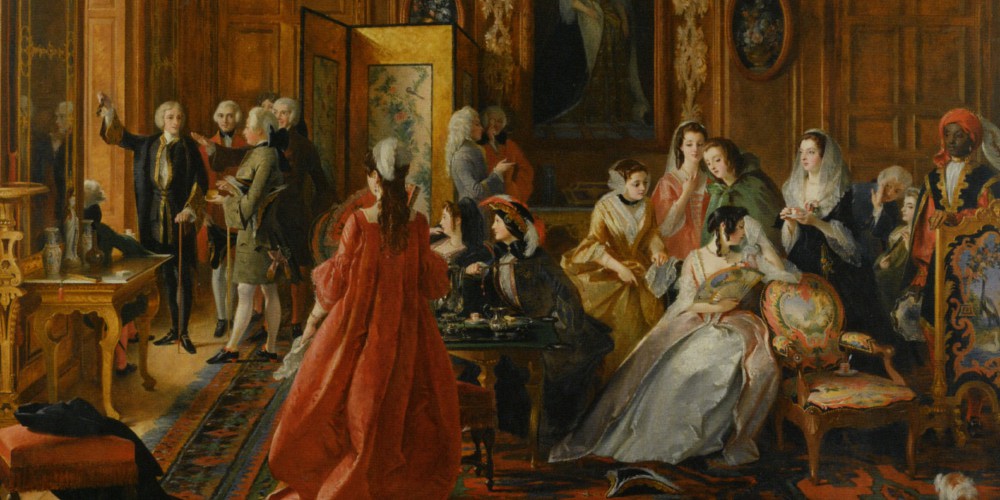Satire
is a difficult, protean genre and one that avoids rather than invites
classification. John Dryden’s preface to Absalom and Achitophel is appealing,
as by uniting ‘satire’ under one common cause, his allegory offers a solution
to this difficulty. Satire thus becomes a process of punishment and reward that
serves as a remedy for social correction.
John Dryden claimed that Absalom
and Achitophel was carefully planned to promote political reform. To
gain this end, Dryden used satire, the true aim of which he defined as “the
amendment of vices by correction.” The particular vices he wanted to correct
were those of the Whigs of his day, who were seeking to secure the succession
of the duke of Monmouth, illegitimate son of Charles II, to his father’s throne.
Second, realizing that direct satire might defeat its purpose by incurring
resentment, Dryden chose to attack the Whigs by casting them as characters in
the biblical story of Absalom’s revolt against David. Third, to increase his
satire’s effectiveness, he cast it in verse, “for there’s a sweetness in good
verse, which tickles even while it hurts.”
Samuel Johnson
famously describes the genre as ‘a poem in which wickedness or folly is
censured.’ This notion of censorship correlates with Dryden; satire becomes a
judicial mode in which the boundaries between right and wrong are clear and
vice is brought to light.
Dryden’s
metaphor in which satire functions as a kind of process of diagnosis and
correction is appealing as it provides a set of distinguishing features for an
otherwise slippery genre. Just as the purging of a disease is followed by
health, the ‘amendment of vices by correction’ denotes a similarly methodical
process in which criticism is followed by constructive praise. In his First
Satire of the Second Book of Horace, Alexander Pope makes it clear that he is
writing to a social purpose. The poem opens with a sly criticism of his
readers, establishing a dynamic in which any offence caused by its content is
more indicative of their inability to take criticism than of Pope’s virulence.
Charles II and his wife seem to have gotten along quite well. If
she felt angry with her husband because of his many very public extramarital
affairs and his indulgence of his many illegitimate children, she seems to have
kept any such anger to herself. She sounds like she was a pleasant woman who
expected very little of Charles as a husband. Thus, while he wasn’t faithful to
her, he was loyal to her in his own way. Dryden also satire Charles II’s this
kind of polygamy behavior.
Whilst
Dryden’s presents satire as a means of correcting moral ill, Horace advocates a
candid exhibition of the ‘filth…’ that lies ‘underneath’ and chooses to flay
his subjects. However, despite the violence of Horace’s metaphor, at the heart
of his line is a similar recognition of the moral boundaries indicated by
Dryden. Here, Horace’s revelation of vice prepares the grounds for ‘amendment.’
Satire then, can be understood as a mode of perception; a removal of ambiguity
or adornment to reveal and review what lies beneath.

0 Comments